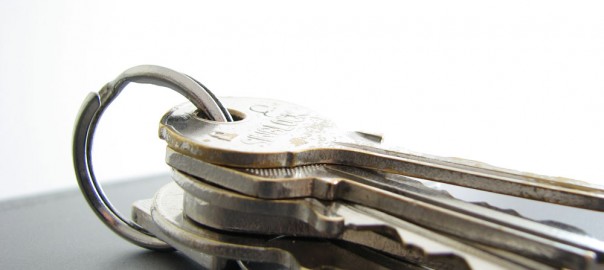Finding yourself locked out of your home or vehicle is a frustrating experience, not least because your very means of contacting help may also be behind a locked door. And, as has seen much recent news coverage, there will always be unscrupulous locksmiths that are ready and willing to take advantage of your predicament.
While the Trading Standards Institute and similar bodies are warning consumers to beware of such untrustworthy locksmiths, it is easy to appreciate how one might find themselves in desperate situation and turn to the closest locksmith at hand. Deceitful tradesmen will often advertise on legitimate business directories and yellow pages, and often provide multiple false addresses and phone numbers to look like they are a local locksmith, making it even more difficult to know that you are hiring the services of a trustworthy professional.
The dangers of hiring such a deceptive tradesman include being handed an invoice which charges far beyond the “low rates” initially advertised and, in the most severe cases, discovering that the seemingly reliable service you’ve paid for is a front for burglars.
So, if you do happen to need a locksmith, here are a few tips to help prevent yourself from being exploited by an untrustworthy tradesman:
Take a close look at their website or advertisement. Does it look professional? A genuine locksmith company should have a site that looks as though it is here to stay, and has been designed with its customers in mind. A genuine tradesman is also likely to flaunt their credentials, provide images of themselves and as much information about themselves as possible. Avoid faceless companies which use names such as “locksmith service” or “local locksmiths” as they are more likely unscrupulous. You also might want to use a local business directory.
Look for branding. A legitimate locksmith will likely drive a van which advertises their business, as they will naturally want to spread the word regarding their business. Why would they want to keep their services secret? That said, a locksmith called out on an out-of-hours emergency might use their own transport, so be sure to also ask for identification or some form of locksmith certification or locksmith licence (this will vary depending on region and training background). A legitimate locksmith will be more than happy to put their customer’s mind at ease with either an ID badge, or professional correspondence such as business cards or branded invoice sheets.
Most importantly, always get an estimate first. Never sign a blank invoice, and demand that your locksmith discloses any additional fees before you agree to them doing the work. Demand an invoice before the work is carried out. If you call a locksmith and they arrive quoting a different price than was agreed over the phone, do not allow them to carry out the work.
Pay using a credit card. Most credit cards have protection against fraud, and provide you more security and peace of mind than a debit card.





